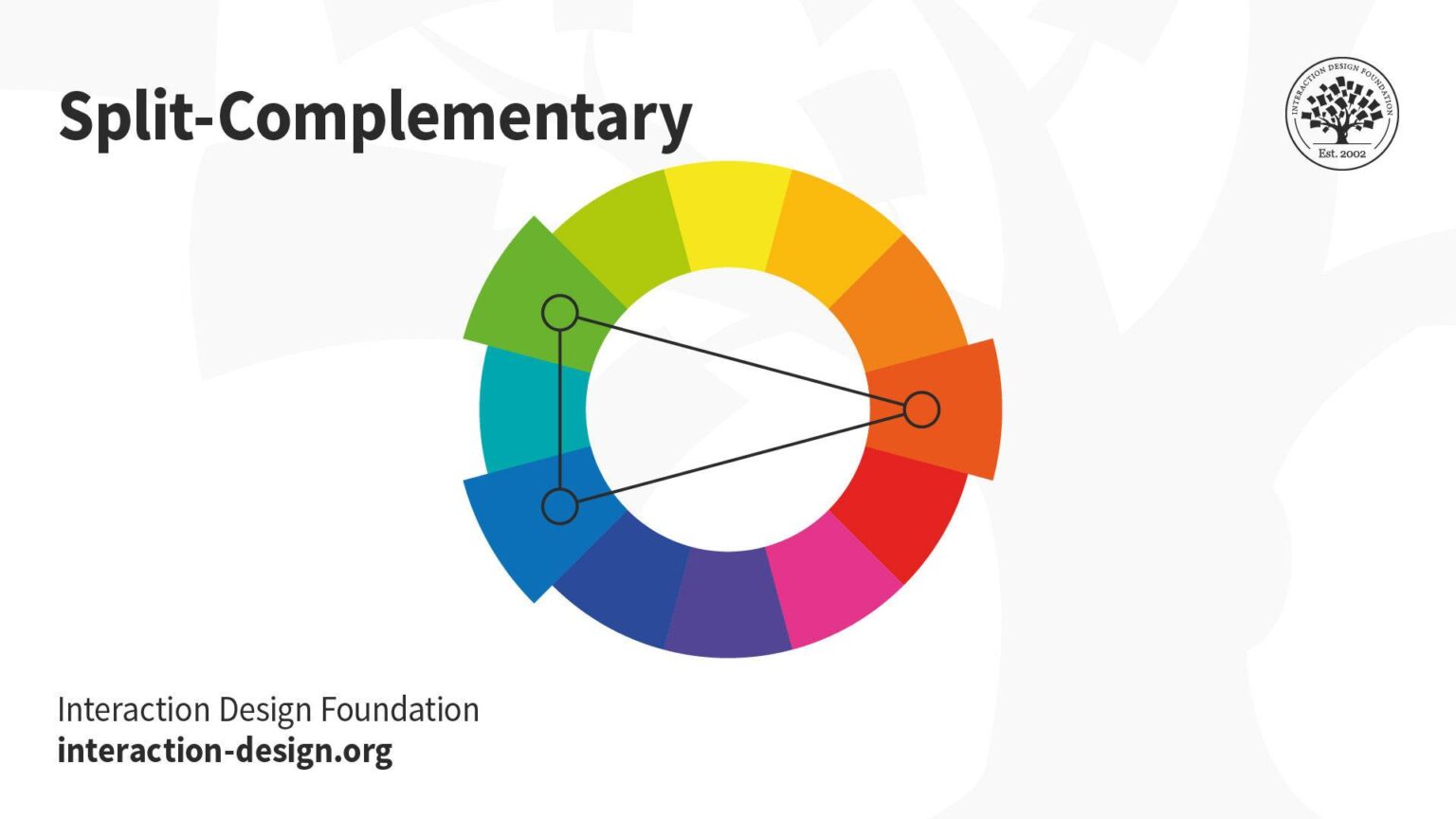Title: Uganda’s Political Crisis Intensifies as Gen. Muhoozi Kainerugaba Announces Detention of Bobi Wine’s Security Chief
Uganda’s political landscape has sharply deteriorated following General Muhoozi Kainerugaba’s public announcement that Eddie Mutwe, the chief security officer for opposition leader Bobi Wine, is currently in his custody. This disclosure during a recent press briefing has sparked widespread condemnation among supporters of the musician-turned-politician and escalated tensions between government forces and opposition factions. The incident highlights persistent struggles surrounding political freedoms and human rights in Uganda, drawing concern from both domestic populations and international watchdogs monitoring the country’s democratic health.
Detaining Eddie Mutwe: A Reflection of Uganda’s Shrinking Political Freedoms
The arrest of Eddie Mutwe-Bobi Wine’s trusted security chief-has intensified fears about the safety and rights of opposition members within Uganda’s increasingly polarized political environment. Many interpret this action as a deliberate intimidation tactic aimed at silencing critics who challenge President Yoweri Museveni’s long-standing rule since 1986. Analysts suggest that such detentions are part of a broader governmental approach to suppress democratic participation by instilling fear among dissenters.
Key consequences include:
- Declining Public Confidence: Targeting associates of opposition leaders undermines trust in institutions tasked with upholding justice.
- Restriction on Freedom of Expression: The move signals ongoing vulnerability for voices critical of the current regime.
- Deepening Political Divides: These actions exacerbate rifts between ruling party loyalists and advocates for reform.
With general elections slated for late 2024, regional organizations such as the African Union alongside global election monitors are vigilantly observing whether Kampala will conduct transparent polls free from coercion or manipulation. The government’s handling of dissent will be crucial not only for internal peace but also for maintaining Uganda’s standing on the international stage.
Public Backlash and Rising Demonstrations Following Gen. Muhoozi’s Detainment Announcement
Following General Muhoozi Kainerugaba’s declaration regarding Eddie Mutwe’s detention, social media platforms have been inundated with criticism while protests have erupted across several Ugandan cities including Kampala, Jinja, and Gulu. Supporters aligned with Bobi Wine condemn what they describe as politically motivated harassment designed to weaken opposition forces ahead of next year’s pivotal elections.
Activists highlight several urgent issues:
- Misuse of State Institutions: Persistent claims suggest law enforcement agencies are weaponized against peaceful political opponents.
- Breach of Human Rights Norms: Arbitrary arrests without due legal process threaten fundamental freedoms guaranteed under Ugandan law.
- Growing Civic Mobilization: The surge in protests reflects widespread demands for accountability and respect for democratic principles.
This pattern echoes previous election cycles where crackdowns on dissent drew international rebuke but failed to suppress grassroots activism.
Global Appeals Demand Safeguarding Democratic Values Amid Escalating Repression
Gen. Muhoozi’s announcement concerning Eddie Mutwe has reverberated beyond Uganda’s borders, eliciting strong responses from international human rights organizations urging immediate diplomatic engagement to defend civil liberties threatened by mounting authoritarianism.
Experts warn that unchecked repression risks destabilizing not only Uganda but also regional peace efforts across East Africa-a region already challenged by conflicts in South Sudan, Ethiopia, and parts of Somalia.
International calls emphasize:
- The Prompt Release of All Political Prisoners: Respecting detainees’ legal rights is vital to restoring confidence in justice systems.
- An Independent Probe into Alleged Abuses: Transparent investigations could deter future violations by holding perpetrators accountable.
- Sustained Support for Civil Society Groups: Empowering grassroots organizations strengthens resilience against authoritarian pressures (source).
With polls indicating growing backing for Bobi Wine ahead of early next year’s elections, pressure mounts on Kampala to demonstrate genuine commitment toward inclusive governance rather than intensifying repression.
Conclusion: Navigating Uganda’s Deepening Political Crisis Amid Calls For Democratic Reform
General Muhoozi Kainerugaba’s assertion over custody of Eddie Mutwe marks another critical flashpoint within an already volatile Ugandan political arena-a development provoking strong domestic backlash while attracting global scrutiny over human rights practices under President Museveni’s administration.
As upcoming elections approach amid heightened youth engagement favoring reformist candidates like Bobi Wine, the trajectory forward hinges on whether government officials choose dialogue over further suppression.
For sustainable peace and democratic progress in Uganda, it is essential that authorities address grievances transparently while fostering an environment where freedom of expression is protected rather than punished. The international community remains watchful; Kampala’s response will likely influence not only its own stability but also set precedents affecting governance models throughout East Africa at large.

